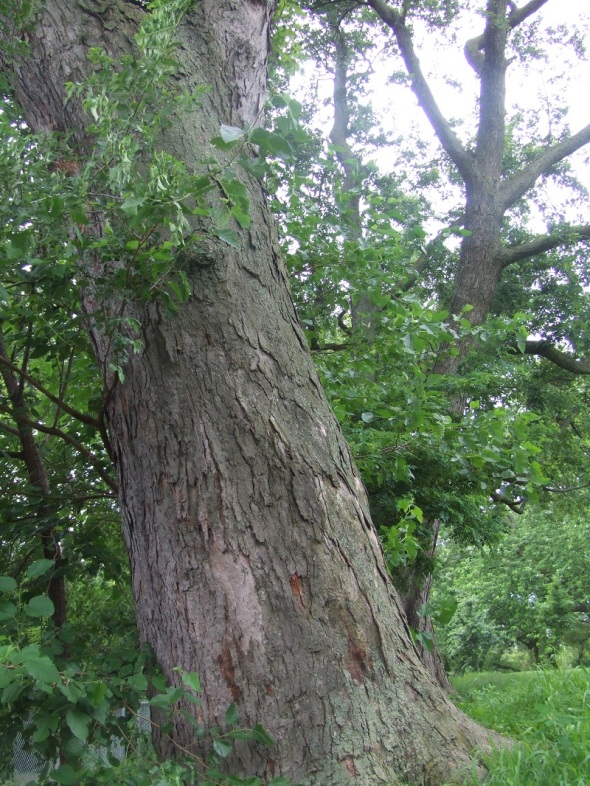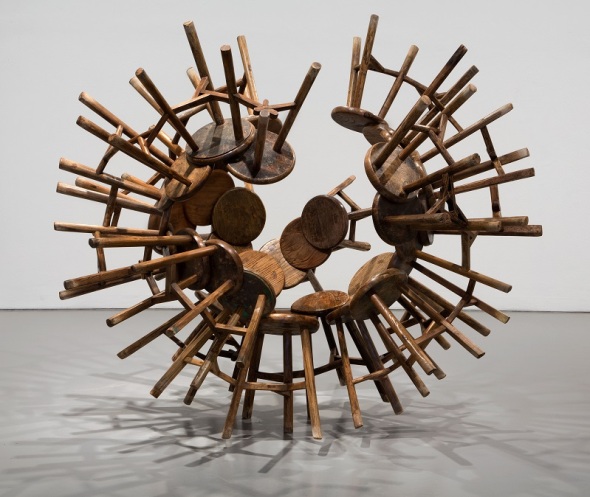ZP Guest Editor Mildred K. Barya:
What Beverley Nambozo (Uganda) and Sylvia Plath (USA) have in common
My first poet is Beverley Nambozo, and the poem I’m focusing on is “At the graveyard.”
Beverley Nambozo
“At the graveyard”
.
At the graveyard I sit on my father’s lap.
Where we can talk.
Of what could have been but was not.
Here he has many friends,
Even his mother-in-law brings him flowers.
Now I understand why he has to write.
It keeps him alive.
We saved him by killing him.
Because now he writes.
He recited a poem for me
And my mother discovered my frozen tears
on my father’s stone.
. . .
What I like most is the balance between light and dark that comes from this poem. There’s a sense of grief and regret mixed with joy and comfort. The sadness comes from what could have been but was not, and the liberating feeling in ‘sitting on his lap so they can talk.’ I find that magical and refreshing. The father continues to be a father in this regard. He is not completely gone, and he is loved—the idea that even his mother-in-law brings him flowers. How punchy, precise and economical! In the old African culture, mothers-in-law are complicated beings whose relationships with their sons-in-law are often devoid of affection or open expression.
Beverley also does that cool thing of referencing Sylvia Plath without sounding banal. In Plath’s “Daddy” poem, her 2nd stanza begins in the direct, individual voice: Daddy, I have had to kill you. Beverley says in the collective, beginning of 3rd stanza: We saved him by killing him. I find this connection sweet and pleasant, especially when I realize that Beverley’s title could have been Daddy, but she lets the subject matter resolve that.
In Plath’s poem, we find the reason she’s had to “kill her Daddy.” She tried resurrecting him first: 4th line of the 3rd stanza: I used to pray to recover you. When that failed, she tried joining him. 12th stanza: At twenty I tried to die/And get back, back, back to you/I thought even the bones would do. For a long time she couldn’t accept the loss. So deep and long was her grieving. Bit my pretty red heart in two/I was ten when they buried you.
Beverley “saves her Daddy” by acknowledging that he’s alive – even in death. He now writes, and whenever she needs to talk with him she only has to visit, and hear him recite her a poem. It’s also her Daddy’s way of staying alive, so the goal is mutual and the action liberating for both daughter and father.
I like how these two poems deal with the loss of a father and grieve in a close but contrasting manner. So related they are, but with a twist in perspective. In order to heal and move on, the two poets find peace through poetry. One lets go through visions of the most dark form and then, severing the bond, so to speak, the other by imagining Daddy in the most friendly images: friends, flowers, and then reunion.
See Sylvia’s end stanza:
There’s a stake in your fat black heart
And the villagers never liked you.
They are dancing and stamping on you.
They always knew it was you.
Daddy, daddy, you bastard, I’m through.
And Beverley’s 4th line of her first stanza: “Here he has many friends”.
The two poems/poets belong to different traditions—African versus American—but are much alike in their approach. Writing is their saving grace. Their differences are also interesting; what and how they write based on their feelings and experiences.
One of the joys of reading poetry is when you come across one poem/poet that reminds you of another. It’s like hearing the echo that merges time, people, and places, connecting across centuries and generations.
. . .
Sylvia Plath (1932-1963)
“Daddy” (1962)
.
You do not do, you do not do
Any more, black shoe
In which I have lived like a foot
For thirty years, poor and white,
Barely daring to breathe or Achoo.
.
Daddy, I have had to kill you.
You died before I had time——
Marble-heavy, a bag full of God,
Ghastly statue with one gray toe
Big as a Frisco seal
.
And a head in the freakish Atlantic
Where it pours bean green over blue
In the waters off beautiful Nauset.
I used to pray to recover you.
Ach, du.
.
In the German tongue, in the Polish town
Scraped flat by the roller
Of wars, wars, wars.
But the name of the town is common.
My Polack friend
.
Says there are a dozen or two.
So I never could tell where you
Put your foot, your root,
I never could talk to you.
The tongue stuck in my jaw.
.
It stuck in a barb wire snare.
Ich, ich, ich, ich,
I could hardly speak.
I thought every German was you.
And the language obscene
.
An engine, an engine
Chuffing me off like a Jew.
A Jew to Dachau, Auschwitz, Belsen.
I began to talk like a Jew.
I think I may well be a Jew.
.
The snows of the Tyrol, the clear beer of Vienna
Are not very pure or true.
With my gipsy ancestress and my weird luck
And my Taroc pack and my Taroc pack
I may be a bit of a Jew.
.
I have always been scared of you,
With your Luftwaffe, your gobbledygoo.
And your neat mustache
And your Aryan eye, bright blue.
Panzer-man, panzer-man, O You——
.
Not God but a swastika
So black no sky could squeak through.
Every woman adores a Fascist,
The boot in the face, the brute
Brute heart of a brute like you.
.
You stand at the blackboard, daddy,
In the picture I have of you,
A cleft in your chin instead of your foot
But no less a devil for that, no not
Any less the black man who
.
Bit my pretty red heart in two.
I was ten when they buried you.
At twenty I tried to die
And get back, back, back to you.
I thought even the bones would do.
.
But they pulled me out of the sack,
And they stuck me together with glue.
And then I knew what to do.
I made a model of you,
A man in black with a Meinkampf look
.
And a love of the rack and the screw.
And I said I do, I do.
So daddy, I’m finally through.
The black telephone’s off at the root,
The voices just can’t worm through.
.
If I’ve killed one man, I’ve killed two——
The vampire who said he was you
And drank my blood for a year,
Seven years, if you want to know.
Daddy, you can lie back now.
.
There’s a stake in your fat black heart
And the villagers never liked you.
They are dancing and stamping on you.
They always knew it was you.
Daddy, daddy, you bastard, I’m through.
. . .
Mildred K. Barya is a Ugandan author of three poetry collections: Give Me Room to Move My Feet, The Price of Memory after the Tsunami, and Men Love Chocolates But They Don’t Say. She has also published short stories in various anthologies and taught creative writing at Alabama School of Fine Arts in Birmingham. She is a board member of African Writers Trust, and she blogs at: http://mildredbarya.com/
.
Beverley Nambozo‘s “At the graveyard”: from her poetry collection, Unjumping, published by Erbacce-press, U.K., 2010
.
Sylvia Plath‘s “Daddy”: from Sylvia Plath: Collected Poems, © 1965 / 1981, The Estate of Sylvia Plath
. . . . .






































































